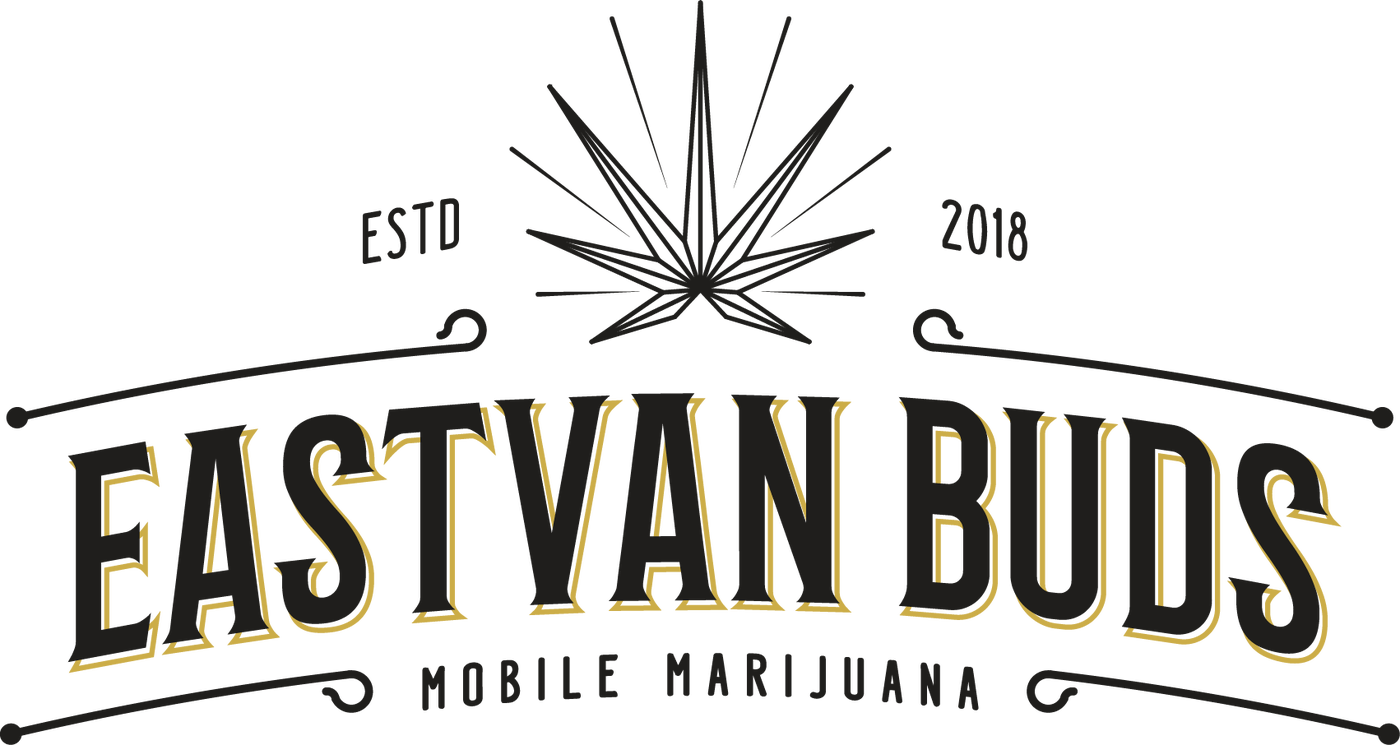Articles
The Medical Marvels of Cannabis: Exploring its Therapeutic Potential
The Science Behind Cannabis as Medicine
Historically, cannabidiol was a common medicine, but prohibition obstructed research into its mechanisms and clinical efficacy. Some key scientific insights driving the acceptance of medical cannabis include:
- The discovery of the endocannabinoid system – molecular signalling involved in pain, appetite, mood, immunity and more that cannabis interacts with.
- Identification of cannabinoid receptors in the body that THC, CBD and other cannabis compounds bind to, altering brain and immune function.
- Demonstration of the entourage effect – the synergy between cannabis compounds boosting therapeutic impact beyond single molecules.
- Clinical trials verifying cannabis and cannabinoids effectively treating pain, seizures, multiple sclerosis, PTSD, cancer symptoms, arthritis and more.
This growing body of evidence confirms cannabis as a valid medicinal option, not merely a recreational intoxicant.
Conditions Treatable with Medical Cannabis
Extensive research has revealed several evidence-based medical applications of cannabis, including:
Chronic Pain:
Cannabis’ cannabinoids modulate pain pathways, providing significant relief for neuropathic, inflammatory, cancer, and other chronic pain, equaling or exceeding traditional analgesics. It reduces pain with less risk of side effects or addiction.
Multiple Sclerosis:
Cannabis alleviates MS symptoms like pain, muscle spasms, and sleep disorders. The neuroprotective and anti-inflammatory attributes of CBD may help slow the progression of multiple sclerosis. Many MS patients report life-changing symptom relief.
Epilepsy and Seizures:
CBD has demonstrated incredible seizure-reduction abilities for treatment-resistant childhood seizure disorders like Dravet syndrome. It both lowers seizure frequency and improves factors like duration and recovery.
Nausea and Digestive Issues:
Cannabis effectively reduces chemotherapy-induced nausea and vomiting, stimulating appetite in cancer patients. It also alleviates inflammatory bowel diseases and other digestive conditions.
Cbd vs thc for anxiety, PTSD and Sleep Disorders
In low doses, CBD can reduce anxiety and stress by influencing serotonin receptors. Cannabis also improves PTSD-associated nightmares and sleep quality. However, high Thc pills doses may worsen anxiety. These applications highlight marijuana’s extensive medical utility for the relief of numerous symptoms.
Benefits of Pharmaceutical Drugs
Compared to prescription medications, cannabis offers several advantages:
Fewer side effects: Cannabis has lower addiction potential and toxicity than many analgesic, psychiatric and other medications.
Better efficacy: Patients often report cannabis outperforming medications for symptom relief. It treats conditions that lack effective pharmaceutical treatments.
Whole-body healing: Cannabis modulates multiple systems, including pain, mood and digestion, for comprehensive relief. Drugs target individual symptoms.
Affordability: Many pharmaceuticals are prohibitively expensive, while medical cannabis costs are decreasing.
Entourage effect: Cannabis contains hundreds of compounds working synergistically for greater benefit than isolated drugs.
However, more research is still needed to optimize cannabis-based treatments.
Formulations and Dosing Considerations
Cannabis offers versatile administration methods:
Oils: Taken under the tongue or incorporated into foods, cannabis oils provide long-lasting effects. They contain varying ratios of THC and CBD.
Tinctures: Fast-acting and easy to titrate, these alcohol-based extracts under the tongue offer rapid absorption.
Edibles: Cannabis-infused foods like gummies provide effects through ingestion but have a slower onset than other routes.
Topicals: Balms, creams, and patches allow localized relief of pain and inflammation without psychoactivity.
Inhalables: Vaporizers and inhalers provide rapid effects by absorbing cannabis through the lungs, allowing for precise dosage management.
Pills: Containing precise doses of THC, CBD, or both, capsules provide standardized cannabinoid doses.
Micro-dosing and controlled titration help determine optimal dosing without adverse effects. Careful product selection tailors treatment.
The Future of Cannabis-Based Medicine
Cannabis’ future as a first-line treatment looks promising as barriers to research and access continue falling. Some facets integral to its integration into mainstream medicine include:
- Rigorous clinical trials delineating risks, efficacy and dosage guidelines for different conditions.
- Development of targeted cannabinoid formulations and delivery methods for personalized medicine.
- Creation of national regulations and quality control standards for medical cannabis products.
- Physician training programs to educate on applications, dosing, risks and more.
- Insurance coverage for evidence-backed cannabis preparations.
Progress like this might uncover this medical marvel’s immense therapeutic potential and help many underprivileged individuals.
Conclusion
Modern science is rediscovering what ancient people long understood – cannabis contains marvellous healing properties. Backed by clinical evidence and better understood through ongoing research, cannabis is emerging as a legitimate medicine that can safely and effectively treat a wide spectrum of conditions and symptoms with minimal risks. When responsibly used under medical oversight, the medical marvels of cannabis will only continue expanding.
FAQs
Q: How does medical marijuana differ from recreational usage?
A: Medical cannabis consists of doctor-guided cannabinoid therapies for treating diagnosed conditions, with protocols for delivery methods, dosing and monitoring. Recreational use lacks oversight and aims primarily for intoxication.
Q: What conditions does medical cannabis not help with?
A: While cannabis boasts impressive therapeutic versatility, it does not help with every condition. More research is needed, but currently, limited or no evidence exists for benefits with dementia, Parkinson’s disease, schizophrenia and strokes.
Q: Are cannabis edibles recommended for beginners?
A: Edibles allow owners to avoid smoking but have delayed onset, making dosage trickier. Tinctures, pills or inhalables may be preferable starting methods under medical guidance. But Thc edibles can still be used responsibly with care.
Q: What is the main difference between sativa and indica strains?
A: The main “sativa indica difference” is that sativa strains prefer to be more energizing and uplifting, while indica strains are often relaxing and sedating. Sativas generally have higher THC levels than CBD, producing cerebral, energetic effects. Indicas commonly have greater CBD amounts and cause a strong physical high.

